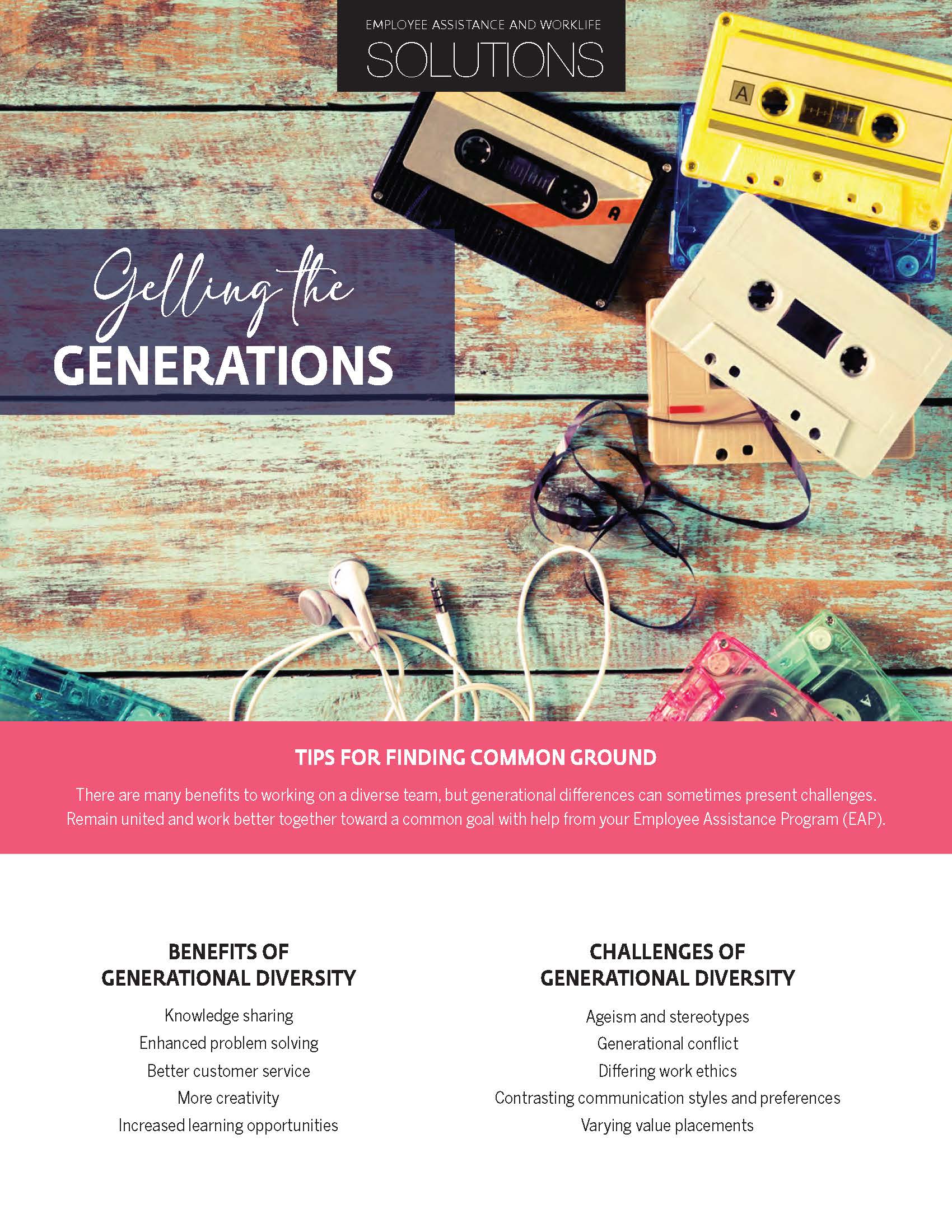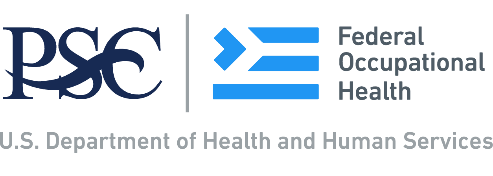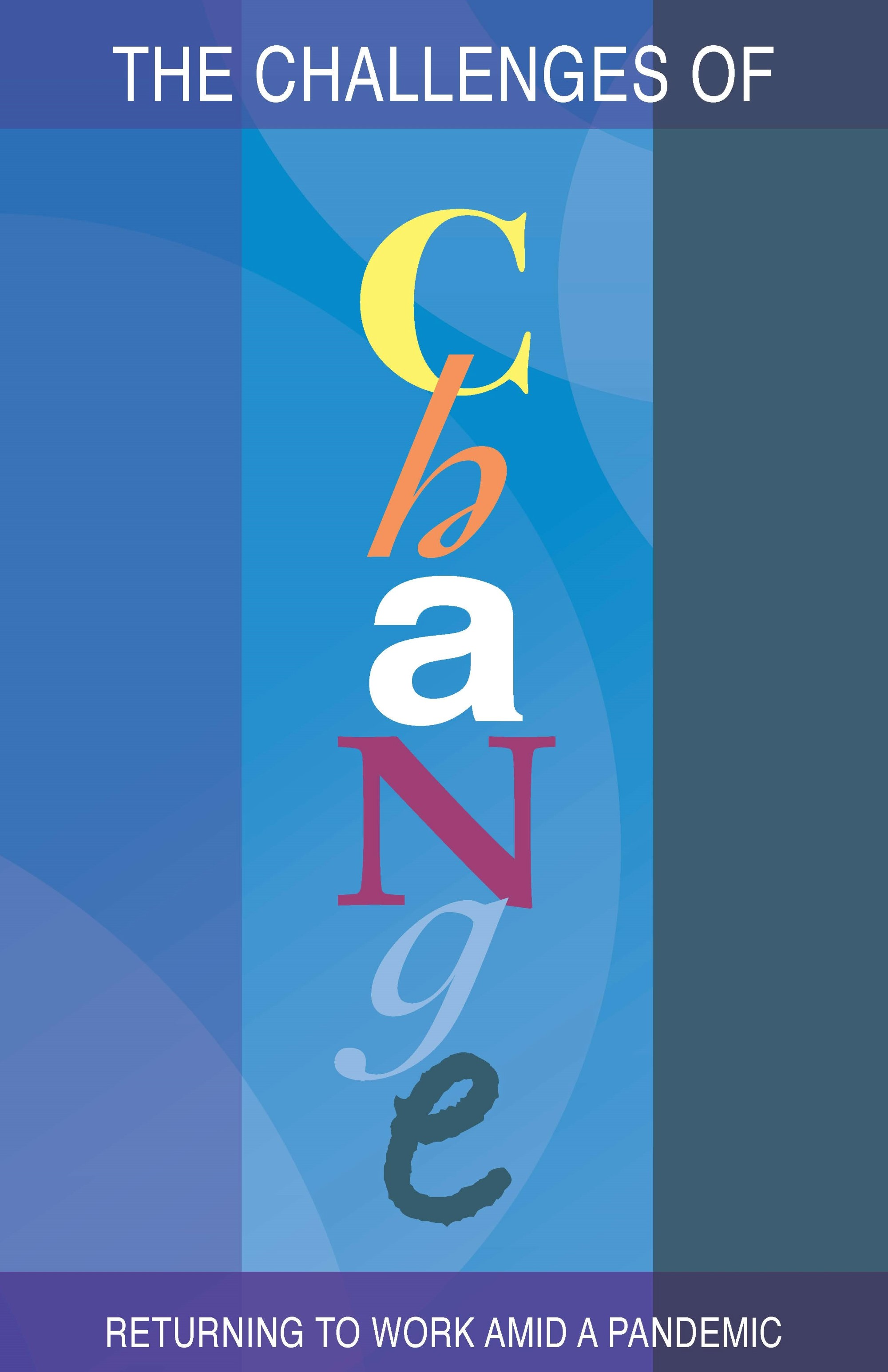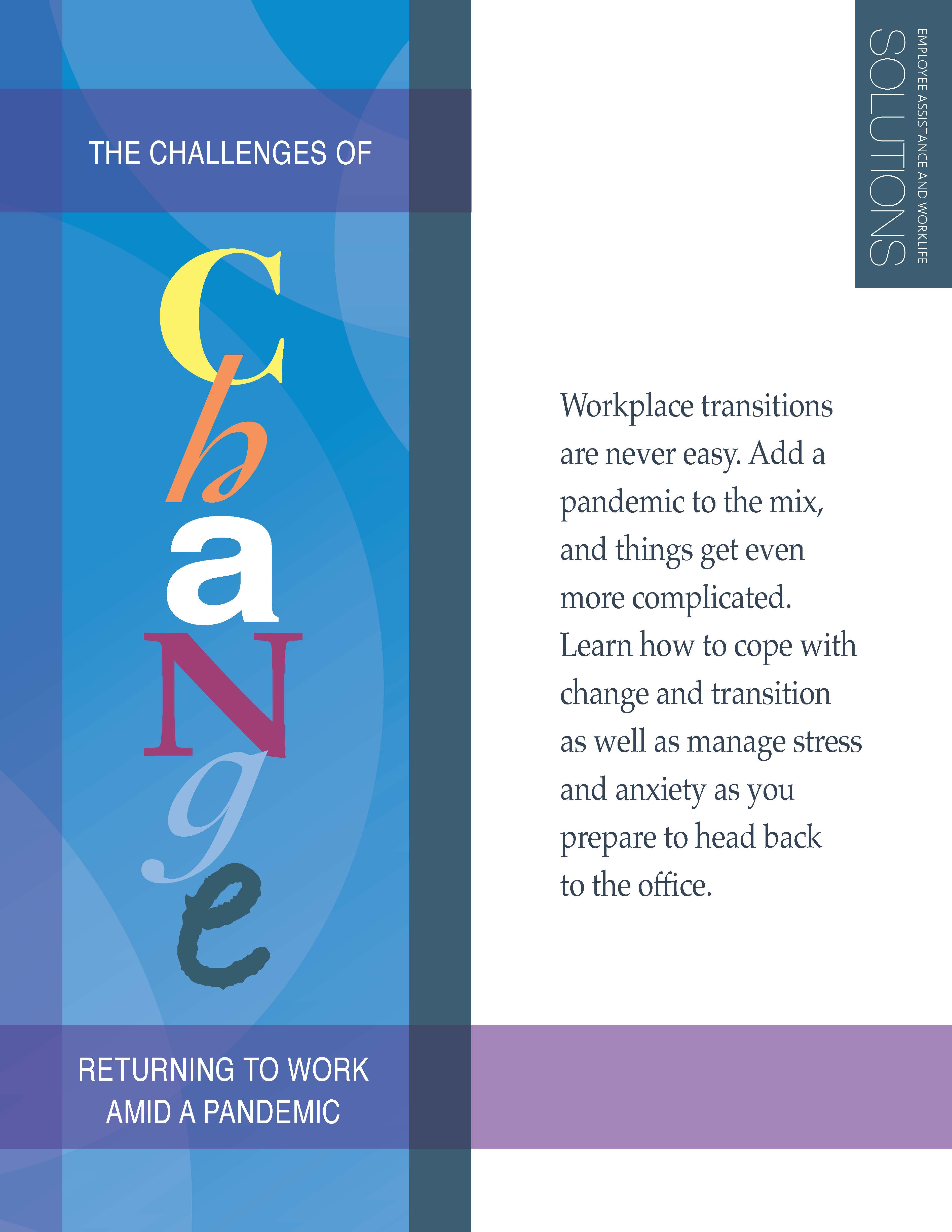 |
There are many benefits to working on a diverse team, but generational differences can sometimes present challenges. Remain united and work better together toward a common goal.
Benefits of generational diversity
- Knowledge sharing
- Enhanced problem solving
- Better customer service
- More creativity
- Increased learning opportunities
Challenges of generational diversity
- Ageism and stereotypes
- Generational conflict
- Differing work ethics
- Contrasting communication styles and preferences
- Varying value placements
Ways to work better together
To take advantage of the benefits of being part of a multigenerational team, we must overcome the challenges. Here’s how:
Oust ageism
Ageism refers to how we think, feel, and act toward others or ourselves based on age. While ageism usually refers to discrimination against older adults, reverse ageism describes prejudice and discrimination faced by younger adults. Self-directed ageism occurs when we internalize and apply society’s age-based stereotypes to ourselves and believe that others view or make assumptions about us because of them.
Like other biases, the more we know, the fewer assumptions we can make. As such, frequent interactions with people of all ages goes a long way toward reducing age-related discrimination.
Ignore age myths
There is a delicate balance between appreciating each generation’s unique attributes and staying mindful to avoid making age-based assumptions about them. Think about the characteristics and stereotypes typically used to define your generation. Perhaps the generalizations about the value you place on work-life balance are accurate, but you’ve never agreed that the description of your generation’s work ethic aligns with you personally. Hence, might your coworkers have similar opinions about how their generation is defined?
Apply emotional intelligence
Perhaps the most important thing you can do to overcome generational challenges is to increase your emotional intelligence. This fosters more empathy and understanding of others, allowing you to see things from a perspective other than your own. Realize that every generation has formed a life philosophy shaped by when and how they grew up. Consider the historical makeup of each generation, communication styles, motivations, and values. Viewing others from this lens helps soften perceptions and reduce conflict.
Customize your communication approach
Ask your coworkers about their communication preferences and do what you can to cater to them individually. For example, some teammates may not like or have time to get bogged down by details, so you might provide a short, bulleted list or a sentence or two that succinctly explains what you need. Others may want a lot of detail or prefer to have a conversation, so invite them to a call or set up a meeting to discuss further. And be upfront about your own communication preferences, as well.
Find common ground
Despite what makes each generation different, the individuals that comprise them likely have more in common than one might think. Show interest in your coworkers as individuals and make a point to get to know them. Building connections can start with something as simple as a conversation about pets, music, or where you went to school. Over time, you’ll paint a more accurate picture of your coworkers based on what you learn from them, as opposed to what you may have otherwise assumed or expected.
Draw on your differences
While it’s important to bond and find common ground with your colleagues, the unique experiences, backgrounds, skills, and perspectives that you each possess make for a strong, well-rounded team. Take advantage of what makes you different, whether it’s reaching out to someone for their historical knowledge and guidance or offering your own expertise to someone who’s learning a skill you know very well. Be willing to learn from and teach one another, both in general and via cross-pollination between older and younger generations. Promote your colleagues’ unique skills to others who may benefit but may not be aware that a solution or resource already exists.
In addition to these tips, your EAP is here to help you work successfully and respectfully with colleagues of all ages. Call any time, day or night for more information and guidance on working on a multigenerational team and the unique challenges you may encounter.
The EAP is a voluntary and confidential employee benefit available to eligible federal employees at no cost.
Download the Campaign Materials
|
Poster |
PDF Newsletter |
Plain Text Newsletter |


